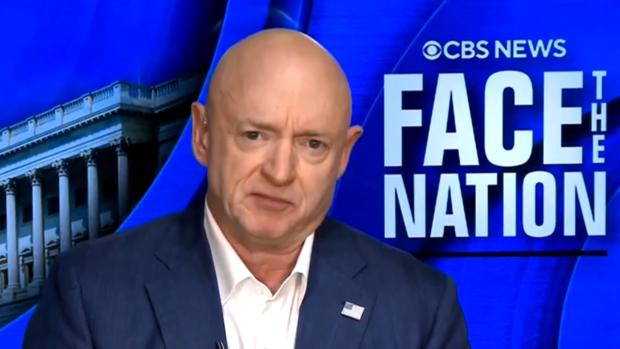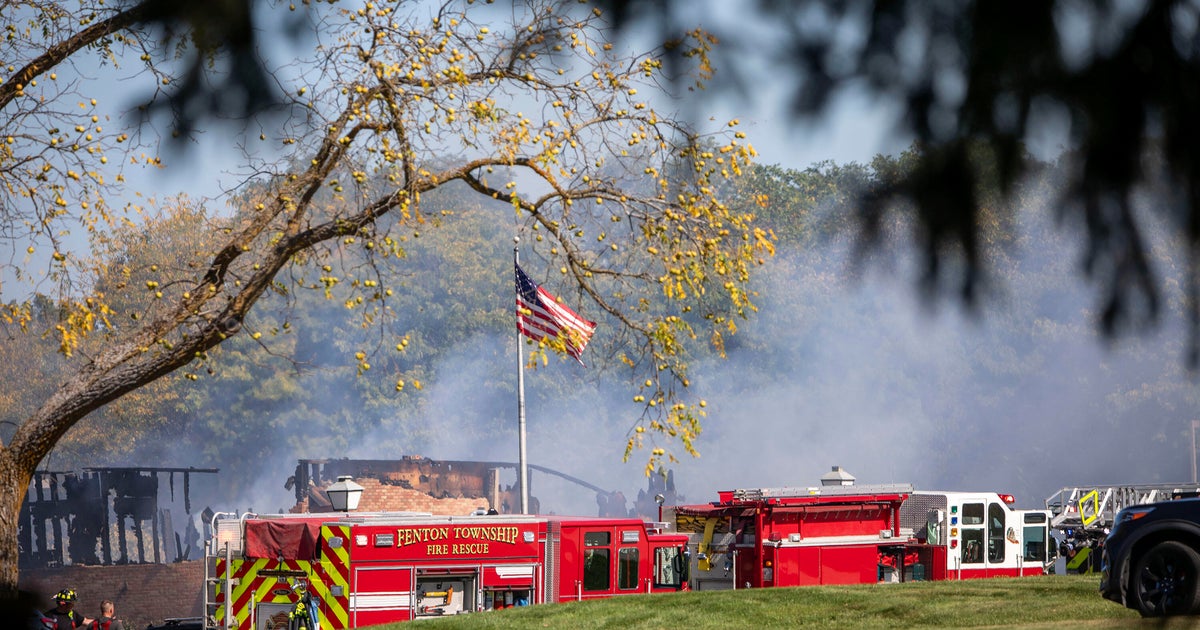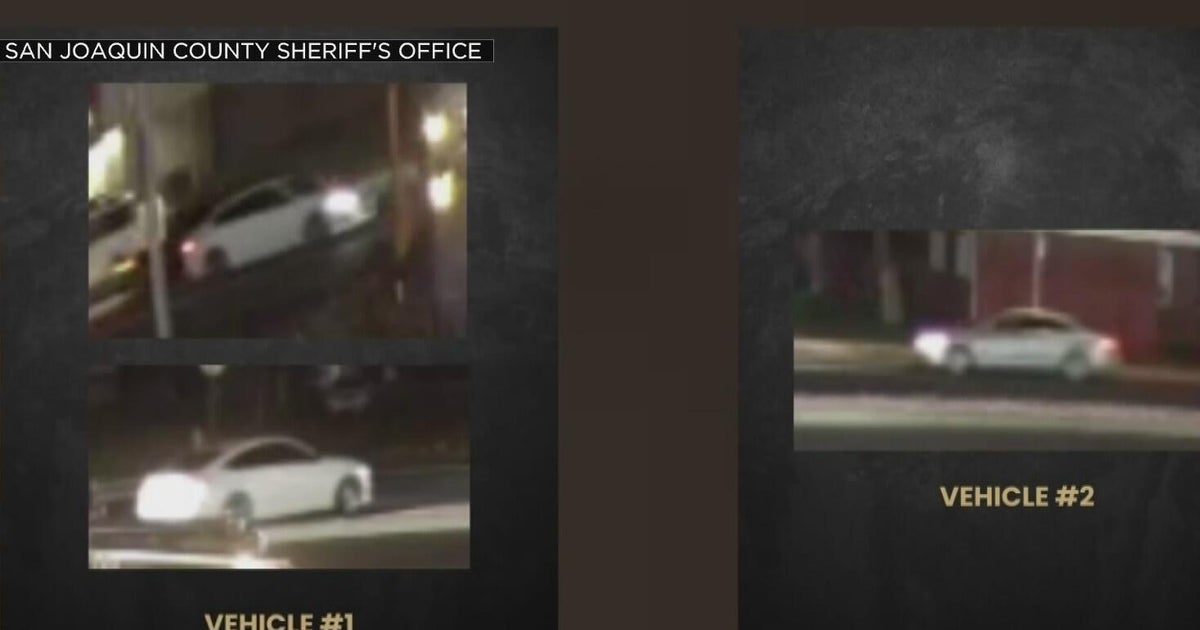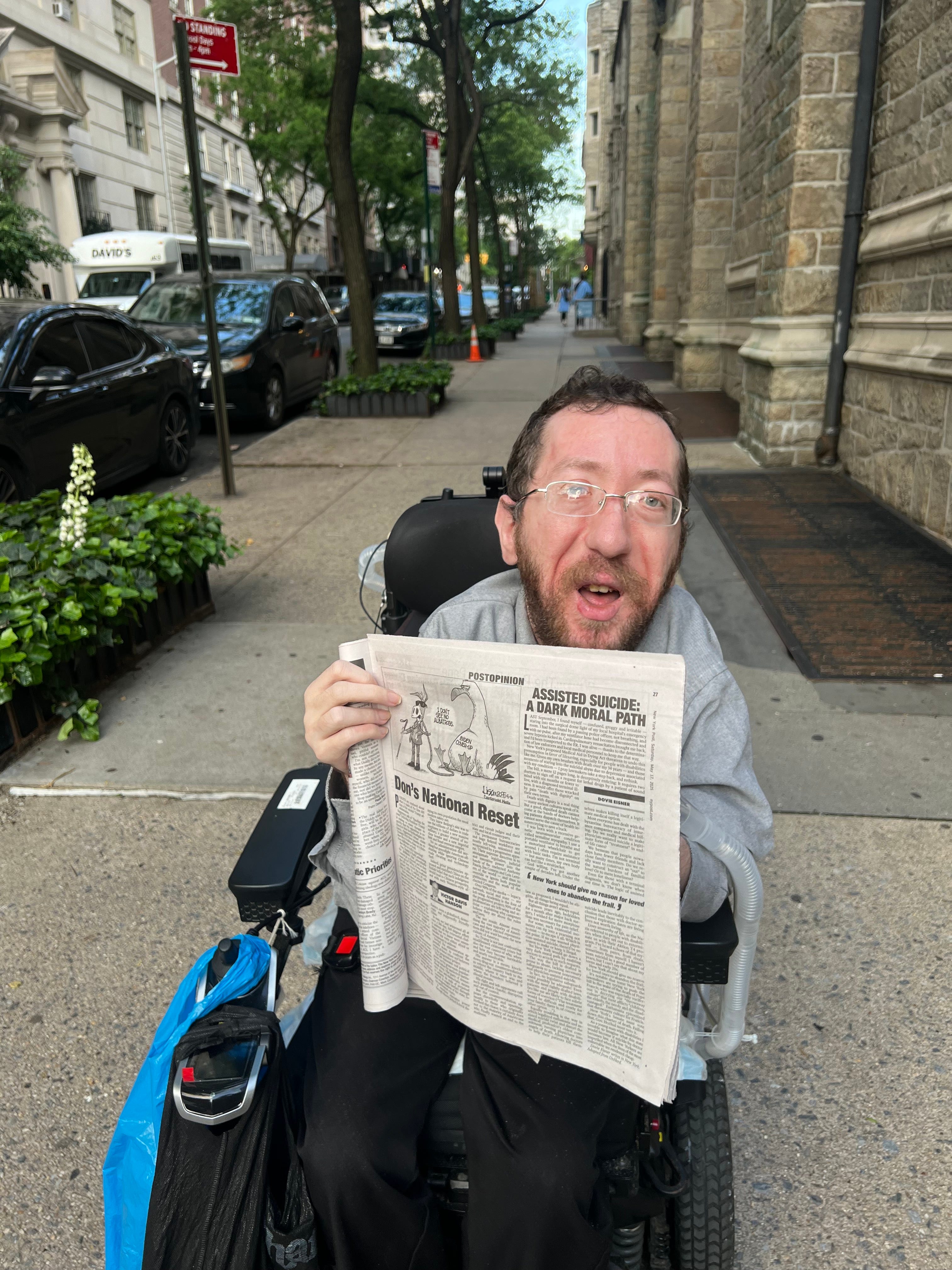Sen. Mark Kelly says "there is more" Congress can do to address gun violence
In the wake of a mass shooting at a bank in downtown Louisville that killed five people and injured eight others, Arizona Senator Mark Kelly said he believes "there is more" that lawmakers can do to address gun violence in the United States beyond last year's Safer Communities Act.
Kelly — a Democrat whose wife, former Rep. Gabby Giffords, suffered a severe injury in a mass shooting in 2011 — discussed the bipartisan legislation on "Face the Nation" Sunday, describing it as "a step in the right direction" while calling for additional change.
"We have some of the most permissive gun laws in the world and we have some of the highest levels of gun violence," Kelly told "Face the Nation" moderator Margaret Brennan. "We passed this bipartisan, Safer Communities Act. It is a step in the right direction, but it's only one step and there is more we can do."
Although Kelly said he is "a supporter of the Second Amendment" and owns guns himself, the senator took aim at the processes through which guns are acquired by people across the U.S. and suggested that, as a country, "we make it so easy for irresponsible people and ... criminals to get access to firearms."
The Safer Communities Act passed in Congress last summer in response to two mass shootings, one at a supermarket in Buffalo, New York, and one at an elementary school in Uvalde, Texas, in May. The legislation, which President Biden signed into law in June, focused on reforming gun safety laws and implementing new policies for background checks and mental health support, in addition to providing funding and resources to schools. It was the first gun safety package enacted at the federal level in three decades and considered a landmark piece of legislation.
One aspect of the Safer Communities Act dedicated funding to states for red flag laws, which aim to identify individuals who may pose threats of violence to themselves or others, and block them from purchasing guns. As of this past February, red flag laws were enacted in 19 U.S. states and the District of Columbia.
In Tennessee, where three young children and three adults were shot and killed in a mass shooting at a private Christian elementary school in Nashville at the end of March, there are no red flag laws. Police said the shooter purchased multiple guns legally and locally prior to the attack, three of which were used to actually carry out the shooting; some have suggested that the attack could have been averted had a red flag law been in place since the shooter's parents had expressed concern about the gun purchases.
Former Arkansas Gov. Asa Hutchinson said during a separate appearance on "Face the Nation" Sunday that he did not think that states should be forced to comply with red flag laws. Instead, he said more should be invested in school counseling and other mental health services to help reduce gun violence.
The governor, who has entered the 2024 presidential race, suggested that "we have to look at actually utilizing the law that's on the books, and it's been there since the 70s, but it was used in a different way. And that is if somebody is a danger to themselves or a risk to others, then they can be committed."
"It has to go before a judge, there has to be a hearing on it," Hutchinson said. "But we are utilizing that and ... we need to change the context of our society to take those steps whenever we identify those mental health problems that pose those kinds of risks."
But Kelly argued that "red flag laws work."
"We have data that shows that in states that have red flag laws, you prevent gun violence. So that's certainly a place to start," Kelly said.
"We've got a mental health crisis in our country. There's more we can do," he continued. "But, you know, listen to the former vice president say that this isn't about firearms, not about guns. I mean, it is, I mean, we just make it way too easy. How about, you know, more background checks. You know, here in the state of Arizona or Texas or many places, you can go to a gun show and get a gun without a background check. That doesn't make sense to most Americans."






